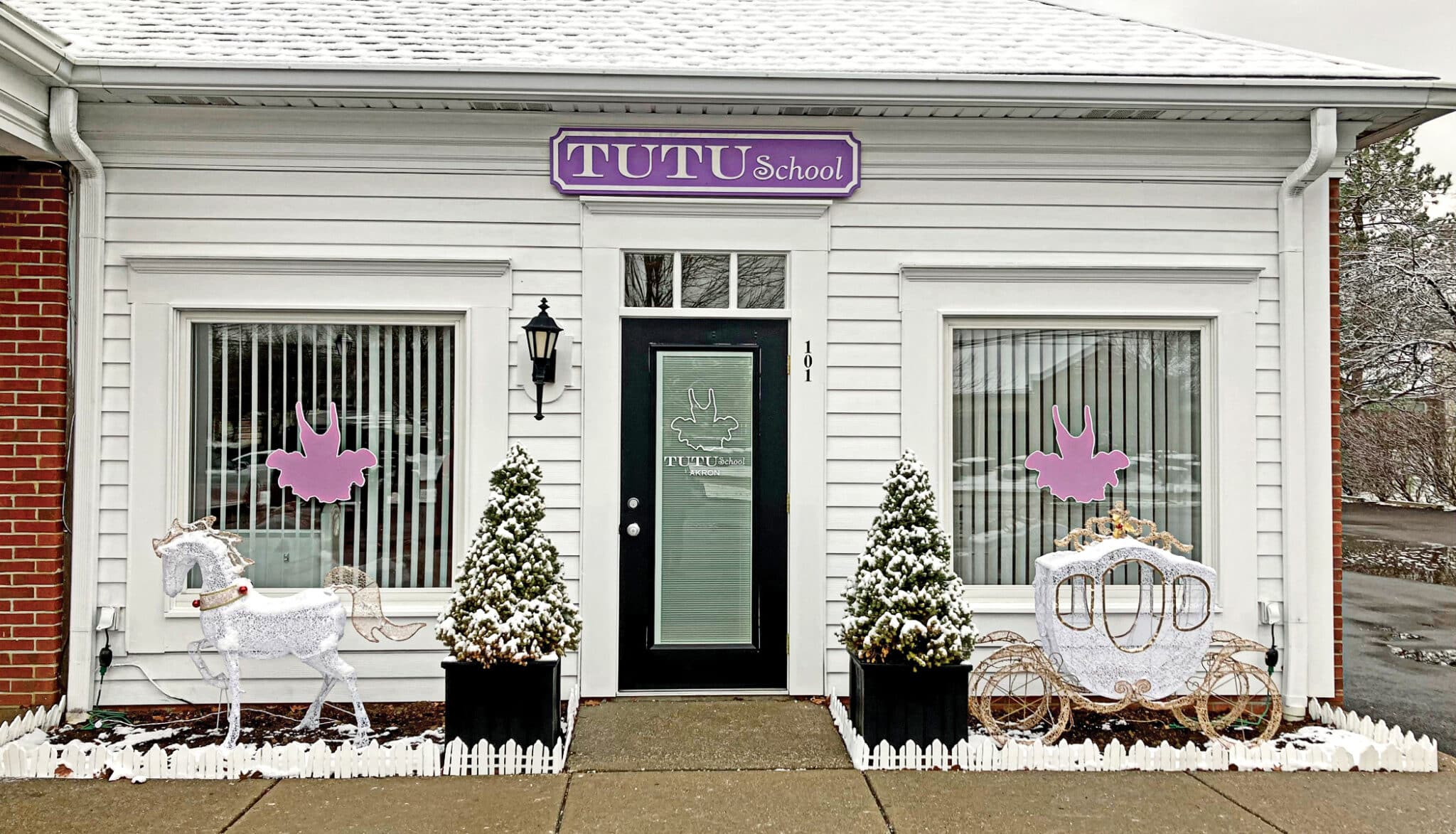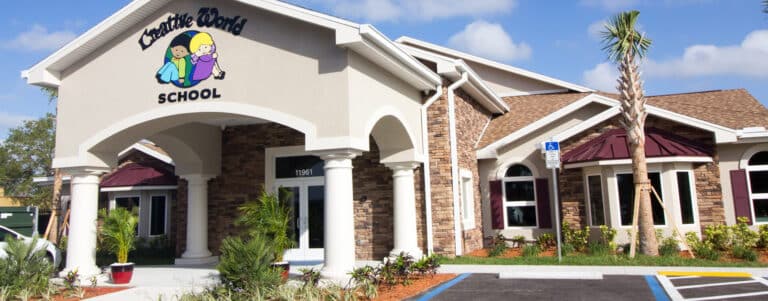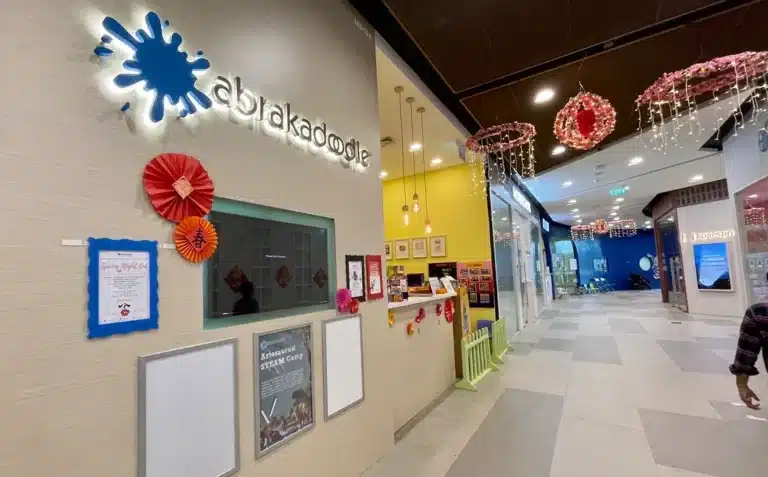Tutu School Franchise FDD, Profits & Costs (2025)

Tutu School is a distinctive franchise that stands out in the children’s ballet school niche, with a primary focus on young dancers, specifically toddlers and children.
Founded in 2008 by Genevieve Weeks, a former professional dancer, the first Tutu School opened in San Francisco, California. The franchise model was adopted in 2012 to expand its unique offering to more communities.
The Tutu School franchise distinguishes itself by providing a specialized curriculum and environment tailored specifically to the needs and interests of young children, filling a gap in traditional dance programs that often overlooked this younger age group.
With its headquarters in Chicago, Illinois, Tutu School has successfully grown across the United States. Each franchise offers a blend of ballet classes, parties, and camps designed to inspire and nurture the joy of dance in children.
Initial Investment
How much does it cost to start a Tutu School franchise? It costs on average between $97,000 – $178,000 to start a Tutu School franchised center.
This includes costs for construction, equipment, inventory, and initial operating expenses. The exact amount depends on various factors the location, and whether the franchisee chooses to lease or purchase the property.
| Type of Expenditure | Amount |
|---|---|
| Initial franchise fee | $38,250 to $45,000 |
| Premises Investments & Improvements | $15,000 to $45,000 |
| 1st month’s rent & security deposits | $2,800 to $12,000 |
| Signs | $1,800 to $4,000 |
| Furniture, Fixtures & Equipment | $5,500 |
| Décor package | $8,000 |
| Business Licenses, Permits, Utility Deposits & other prepaid expenses | $300 to $800 |
| Insurance | $2,000 |
| Opening supply inventory | $2,500 to $4,000 |
| Costs to attend training | $2,000 to $3,000 |
| Opening local advertising | $5,000 to $10,000 |
| Wages | $3,000 to $11,000 |
| Professional Expenses | $3,000 to $8,000 |
| Additional funds (first 3 months) | $8,000 to $20,000 |
| Total | $97,000 – $178,000 |
Average Revenue (AUV)
How much revenue can you make with a Tutu School franchise? A Tutu School franchised business makes on average $254,000 in revenue (AUV) per year.
Here is the extract from the Franchise Disclosure Document:

This compares to $235,000 yearly revenue for similar arts/sports franchises. Below are 10 Tutu School competitors as a comparison:

Download the Franchise Disclosure Document
Frequently Asked Questions
How many Tutu School locations are there?
As of the latest available data, Tutu School operates a total of 72 locations across the United States. Of these, 68 are franchised units, while 4 are company-owned locations. The franchise has expanded steadily in recent years, offering ballet and creative movement classes tailored to young children in a nurturing and imaginative environment.
What is the total investment required to open a Tutu School franchise?
The total investment required to open a Tutu School franchise ranges from $97,000 to $178,000.
What are the ongoing fees for a Tutu School franchise?
For a Tutu School franchise, franchisees are required to pay a royalty fee of 5% of their gross revenue. This fee supports the overall brand maintenance, resources, and ongoing support provided by the franchisor. Additionally, Tutu School franchisees contribute a 1% marketing or brand fund fee.
What are the financial requirements to become a Tutu School franchisee?
To qualify as a Tutu School franchisee, prospective applicants must meet specific financial criteria, demonstrating a minimum net worth of $250,000. Additionally, they need at least $50,000 in liquid capital, ensuring they have readily accessible funds to cover initial operating costs and financial commitments.
How much can a Tutu School franchise owner expect to earn?
The average gross sales for a Tutu School franchise are approximately $0.25 million per location. Assuming a 15% operating profit margin, $0.25 million yearly revenue can result in $37,500 EBITDA annually.
Who owns Tutu School?
Tutu School is owned by Genevieve Custer Weeks, who founded the ballet school concept in 2008 to provide a creative and nurturing environment for young children to explore dance. Her initial studio in San Francisco quickly grew in popularity, leading her to expand the brand through franchising in 2012.
Disclaimer
Disclaimer: This content has been made for informational and educational purposes only. We do not make any representation or warranties with respect to the accuracy, applicability, fitness, or completeness of the information presented in the article. You should not construe any such information or other material as legal, tax, investment, financial, or other professional advice. Nothing contained in this article constitutes a solicitation, recommendation, endorsement, advertisement, or offer to buy or sell any franchises, securities, or other financial instruments in this or in any other jurisdiction in which such solicitation or offer would be unlawful under the franchise and/or securities laws of such jurisdiction.
All content in this article is information of a general nature and does not address the detailed circumstances of any particular individual or entity. Nothing in the article constitutes professional and/or financial and/or legal advice, nor does any information in the article constitute a comprehensive or complete statement of the matters discussed or the law relating thereto. You alone assume the sole responsibility of evaluating the merits and risks associated with the use of any information or other content in this article before making any decisions based on such information or other content.




